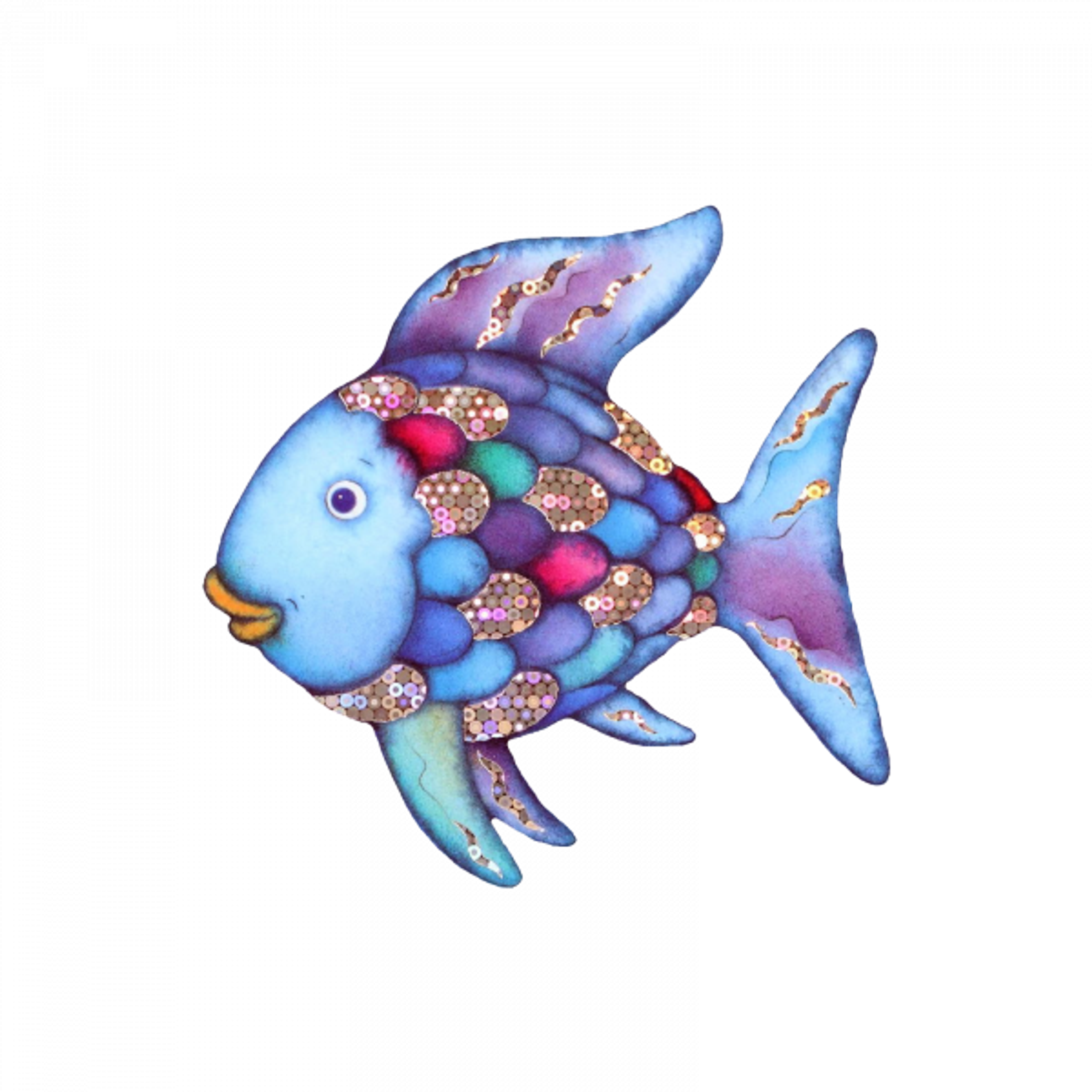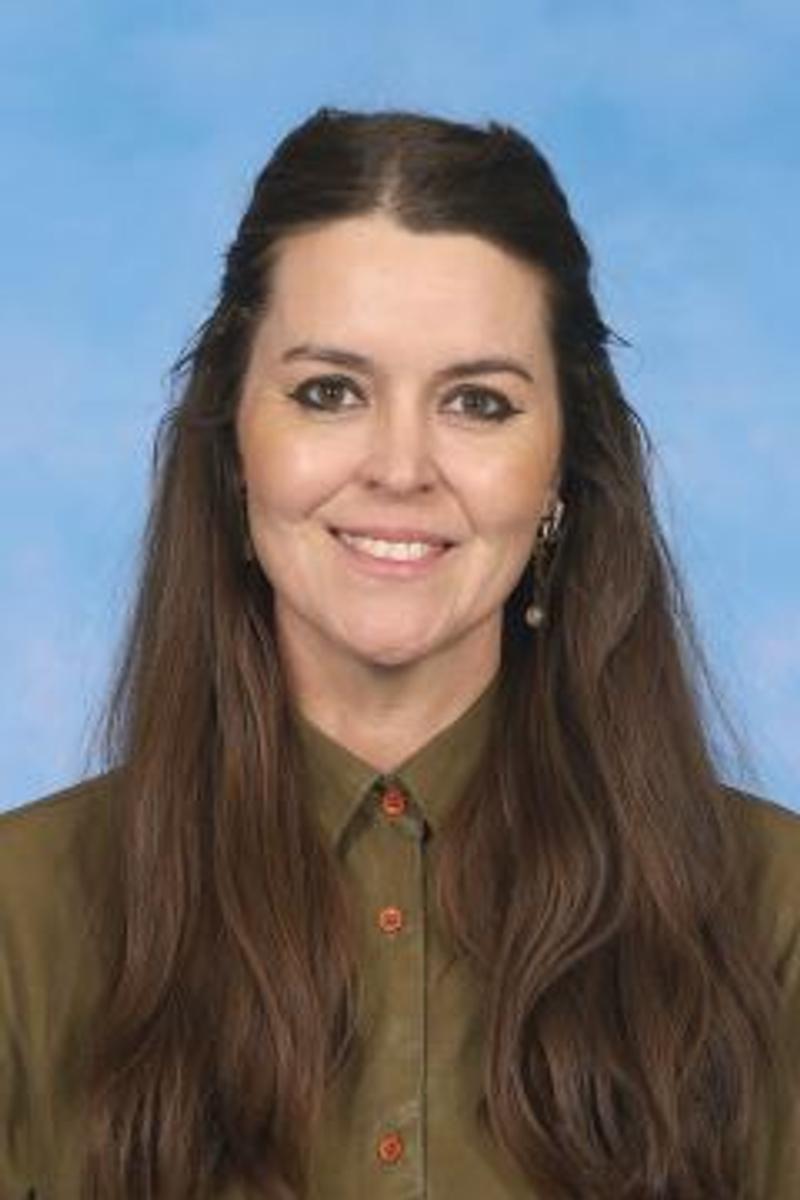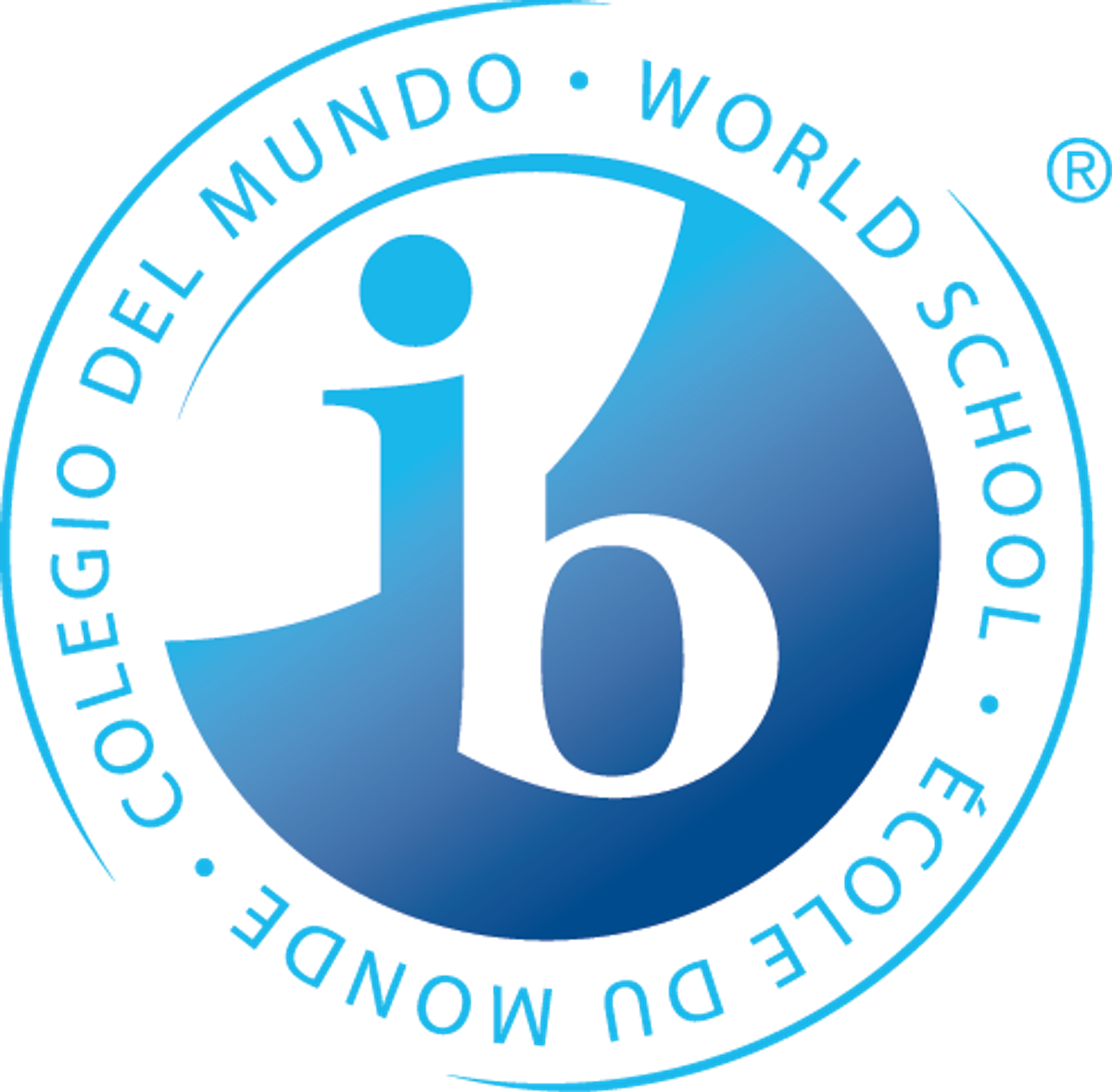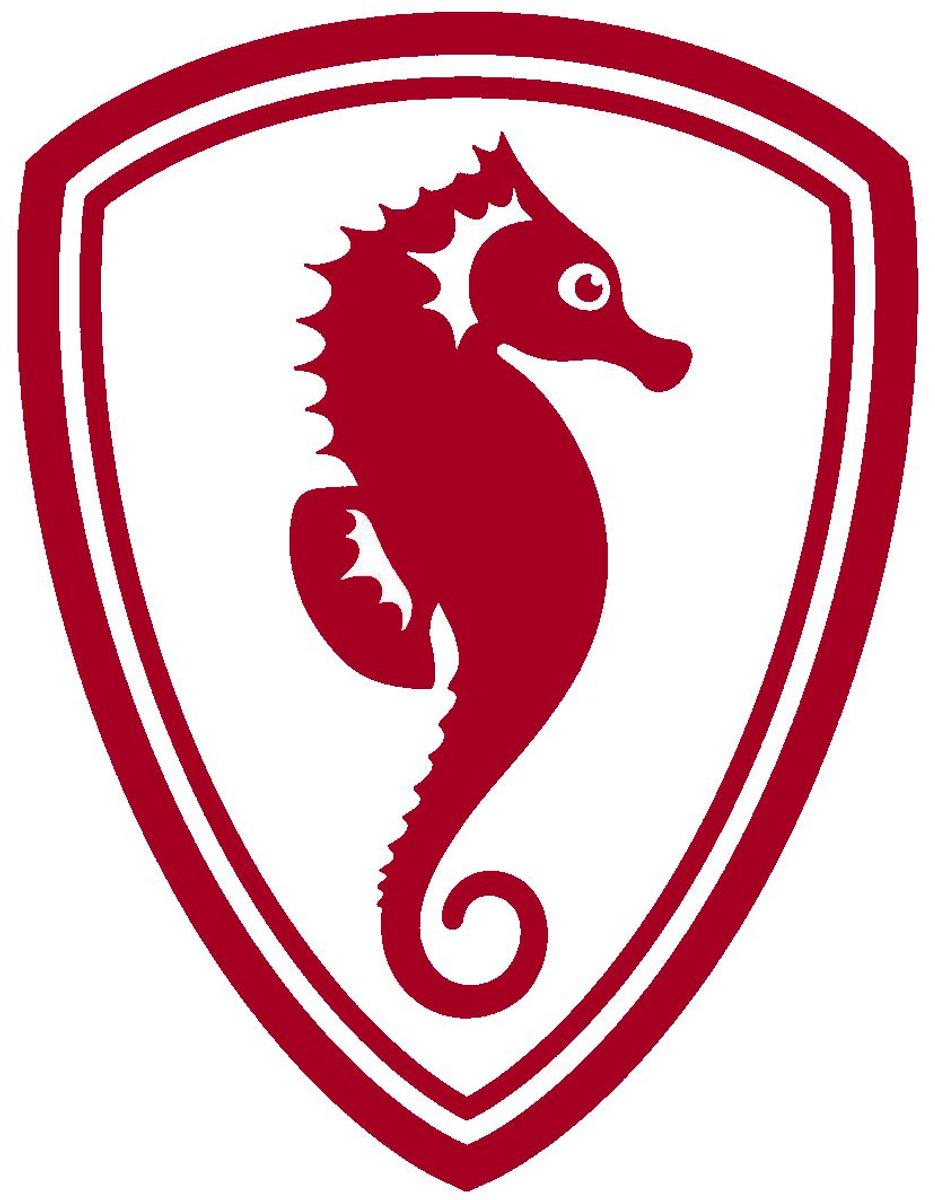Prep Specialist News - Term 4

Art
Transdisciplinary Theme:
Sharing the planet
Central Idea:
Dive into Creativity: Discovering the Wonders of the Sea Through Art
Lines of inquiry:
Inspiration from the Sea.
- The ocean inspires artists to create diverse types of artworks.
- Art can be a powerful tool to raise awareness about the importance of protecting the ocean and marine life.
- Elements of the sea, such as colours, shapes, and marine life, are commonly depicted in art.
Key Concepts:
form and responsibility
Learner Profile Attributes:
open-minded and caring
Students Will:
- Create a 3D fish inspired by the story ‘Rainbow Fish’. Exploring shape, colour, and pattern to paint their own fish design which they will cut, staple and stuff into a 3D form.
- Develop an understanding of the impact of plastic waste in the ocean and construct a sea creature mobile using recycled plastic items. Incorporating fine motor skills through threading and knotting.
- Collage, a multimedia crown inspired by the story ‘Tiddler,’ using their own fine line grey lead drawings, with a focus on pattern and shading (lights/darks), then embellish with paint, papers, and other materials.
Japanese
Transdisciplinary Theme:
Sharing the planet
Central Idea:
People’s use of the sea impacts upon the creatures (in Japan).
Lines of Inquiry:
- Impact on creatures and their habitats.
- Our responsibility to the environment.
- Cultural and traditional connection between Japanese people and the ocean.
Key Concepts:
causation, responsibility
Learner Profile Attributes:
principled, reflective
Students Will:
- Say and spell “OCEAN” in Japanese.
- Say and spell “FISH” in Japanese.
- Say and spell “RED FISH” and “BLUE FISH” in Japanese.
- Listen to a Japanese SEA song and a FISH song and sing along with sensei.
- Learn and explain what Japanese people do to protect our ocean.
- Make an ORIGAMI fish and label it in Japanese characters.
- Watch a Japanese fish movie (Ponyo).
Music
Transdisciplinary Theme:
Sharing the Planet
Central Idea:
Peoples use of the sea impacts upon the creatures that call it home.
Lines Of Inquiry:
Our responsibility to the environment
Human use of the sea.
Key Concepts:
causation and responsibility
Learner Profile Attributes:
principled and knowledgeable
Students Will:
- Read and write rhythms using formal and informal notation.
- Listen, respond to and reflect on a variety of music, inspired by oceans and nature.
- Sing a variety of songs linked to the unit of inquiry e.g. Who Looks After Our World?
- Use songs as a starting point to discuss and be a thinker about causes of pollution in the ocean and their own responsibilities.
- Show they are respectful, caring and appreciative as they listen to others perform.
- Practise their chime bar playing.
- Learn to sing two songs for the upcoming Christmas performance.
Physical Education
Transdisciplinary Theme:
Sharing the planet
Central Idea:
Developing Fundamental Motor Skills- kicking and bouncing promotes healthy relationships and a sustainable environment.
Lines Of Inquiry:
- Exploring kicking and bouncing so that students can learn and practice these skills.
- Collaboration and teamwork whilst engaging in activity.
- How diverse cultures incorporate kicking and bouncing activities into their traditions and games.
Key Concepts:
causation
How do our actions such as practicing kicking and bouncing impact our relationships with others and our environment?
Responsibility:
Maintaining a healthy environment
Learner Profile Attributes:
principled and knowledgeable
Students Will:
- Revise Fundamental Motor Skills - incorporating running, jumping, leaping, throwing, catching, bouncing, and kicking using several types of surfaces and areas of the school.
- Minor Games: The children will play minor games and use a variety of equipment and a varied playing area to reinforce their understanding of boundaries, rules, and cooperative play.
Library
Transdisciplinary Theme:
Sharing the planet
Central Idea:
Peoples use of the sea impacts upon the creatures that call it home.
Lines Of Inquiry:
- Which creatures live in the sea or use the sea.
- The human impact on sea creatures and their habitats.
- Our responsibility to the environment.
Key Concepts:
causation and responsibility
Learner Profile Attributes:
principled and knowledgeable
Students Will:
- Be exposed to a variety of books, both picture fiction and non-fiction, which show the many and varied sea life that exists in or near the ocean.
- Discuss how humans impact the sea creatures in the text.
- Use language related to the Learner profile attributes in the library, such as being principled by showing respect to the books and people and being balanced by sitting and reading quietly at the appropriate time.
- Revise parts of the book.
- Revise how and where to shelve a picture fiction books.
- Explore books related to celebrations this term e.g. Halloween, Christmas.











